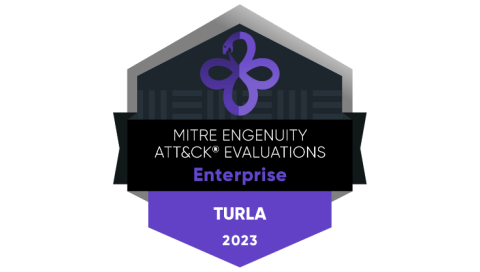Could Your Parents Spot This Mobile Phish?
When was the last time you received a phishing attempt through text? I’m guessing it was earlier this week, if not at some point today. Being part of the cybersecurity community keeps us watchful and aware of the ways scammers try to steal our information. But how adept are our parents at spotting these scams? The dangers of online scams and mobile phishing are real and everywhere. Yet, many of our parents and grandparents are navigating this new form of deception without much understanding.




